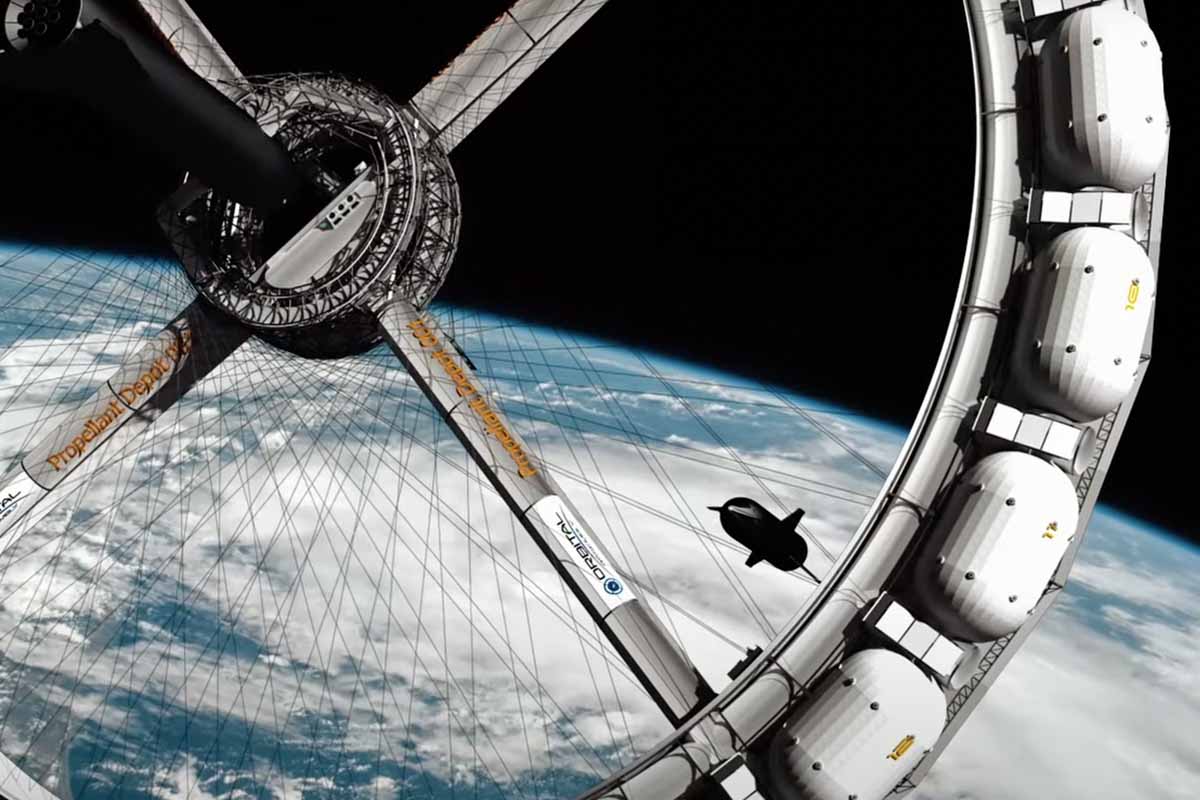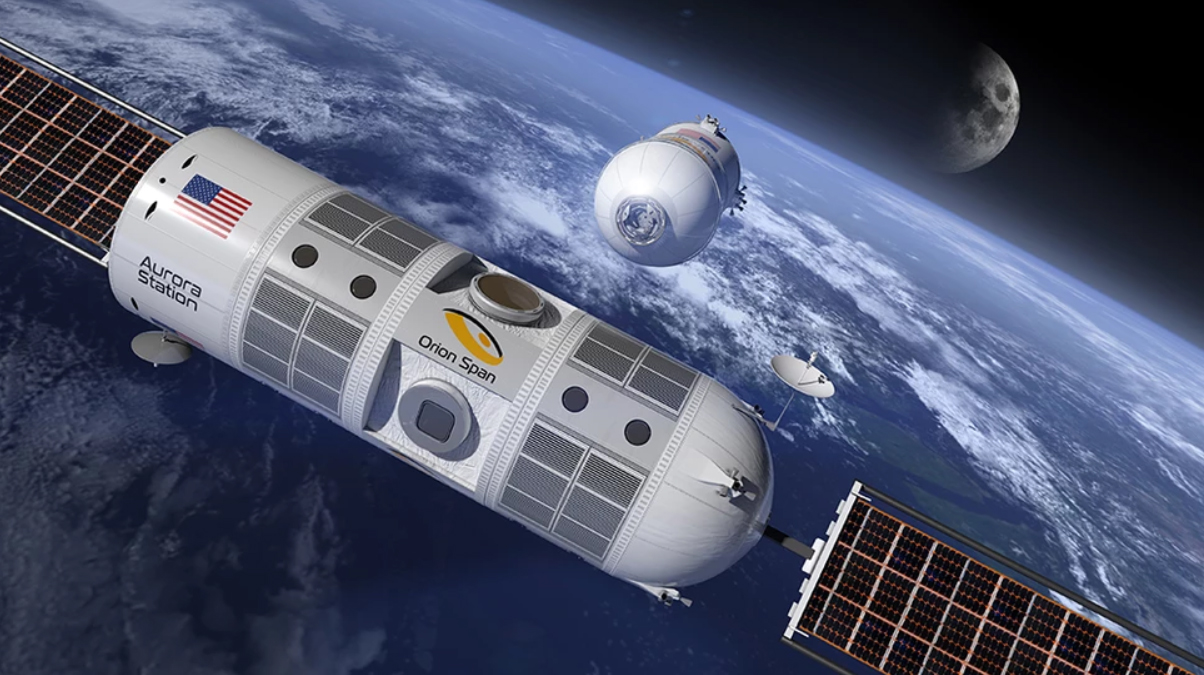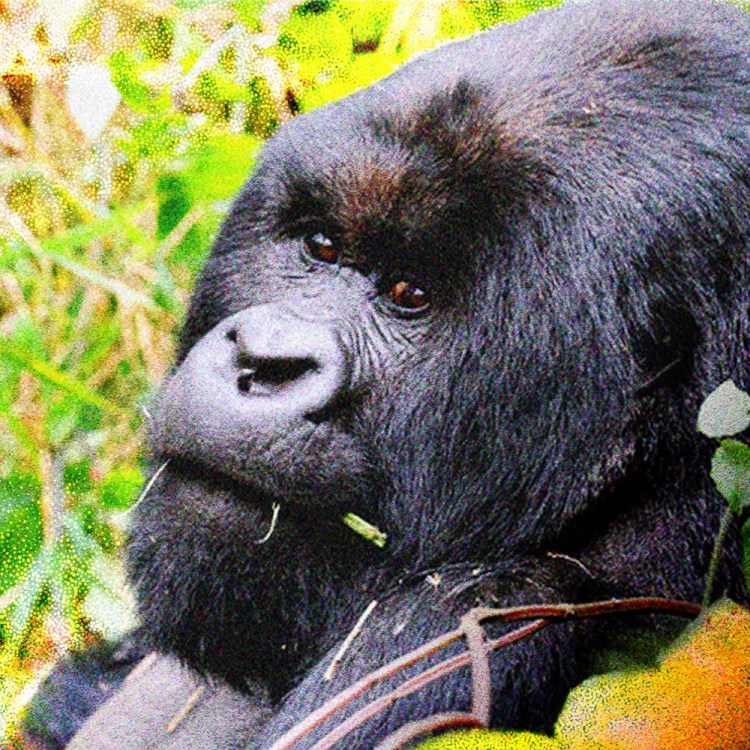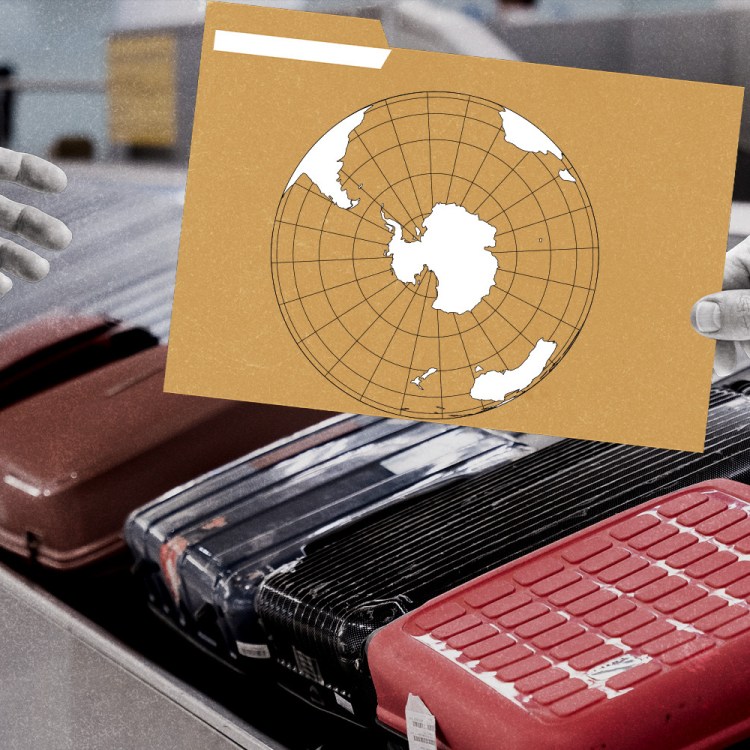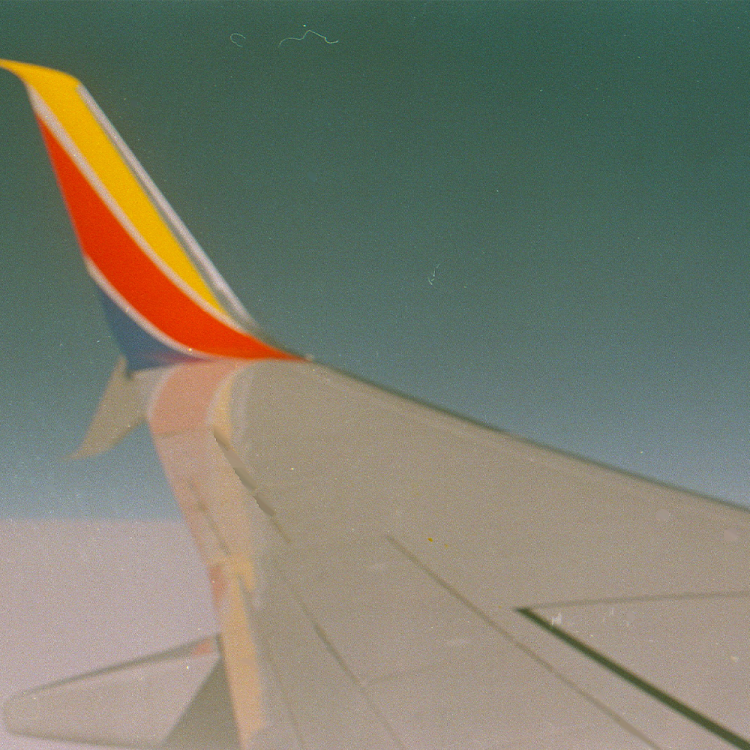If you believe the generically-named company Orbital Assembly, we’re due for a “space business park with gravity” as soon as 2025. This will soon be followed by the hotel Voyager Station, due to begin accepting guests in space in 2027.
Never mind that the artificial technology for both properties doesn’t exist yet. For that matter, neither do the actual structures in space.
Over the years, several space hotel and tourist announcements have come and gone, and we’ve certainly been guilty of touting these concepts. And that’s all they are: concepts. And yet, in 2022, we’re still pretty much where we were a few years back: Talking about the International Space Station (which exists) and marveling that super-rich men can briefly achieve a suborbital launch in a penis-shaped rocket.
But that doesn’t stop all the fun concept art or the future-is-almost-now headlines! So, let’s take a gander at the space conference center and space hotel.
Orbital Assembly Corporation “develops and operates gravity capable space stations on orbit, in cislunar space, and throughout the solar system.” (Cislunar means between the Earth and moon, by the way.) Their “Pioneer” project is being touted as a space business park with gravity; Voyager, meanwhile, is a rotating space station “designed to produce varying levels of artificial gravity by increasing or decreasing the rate of rotation.”
The most recent news update from Orbital, from April, is that Star Trek writer, NASA Scientist and TV producer Andre Bormanis joined to the Orbital Assembly Corporation Advisory Board.
One problem: Artificial gravity as of now doesn’t exist except theoretically. The consensus is that it’s possible but it would need to be very large rotating cylinders (like, miles-long) that also come with side effects for the people inside — and you’d have to build them in space. Which is really costly.
Orbital doesn’t offer a lot of science on their site — but you can reserve a spot and there is an investment link — so we’re gonna go ahead and say their 2025 and 2027 deadlines are a bit optimistic. I’m all for them hitting their goals — affordable space tourism sounds awesome — but I feel like we’ll all still be stuck down here on Earth for a while.
Thanks for reading InsideHook. Sign up for our daily newsletter and be in the know.
